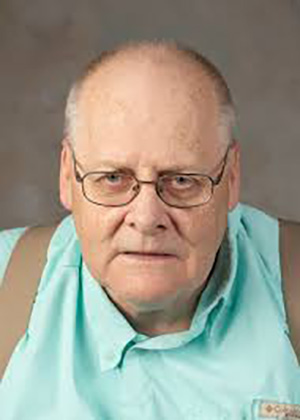By GREG MARKLEY
In a recent piece in New York Times magazine, opinion writer Jay Caspian Kang wrote a commentary titled “The Reductive Practice of Assigning Book Reviews by Identity.” He argued that “It might be healthy for progressives to stop, look up from the work of making the world a more equitable place and ask, “Wait, is this specific thing we’re doing right now really going to help?”
Kang’s commentary referred to a 2017 incident, when major book outlet Kirkus published a review of a young adult novel, “American Heart.” Laura Moriarty, who is white, wrote the review despite that Muslim-Americans were the focus. People on social media were angered that a white non-Muslim woman was chosen to evaluate the family saga.
Winston Churchill, the former British prime minister, had just finished reading a book whose author was now on the telephone. The man asked Churchill, who was then on the toilet (or loo, to Brits), if he enjoyed the book. Churchill said, “I just got done with it, and now it is behind me. (He meant, in the toilet as a poor example of writing.)
Years ago, reviewers ventured “out of their fields,” noted the Times. But that does not mean today’s reviewers are wrong to engage with works they don’t fit into academically, ethnically or racially. Now as a reviewer for the Center of Military History, I found an interesting book. It is “Canada’s Mechanized Infantry: The Evolution of a Combat Arm, 1920-2012” by Peter Kasurak. That is not directly in my field but I may end up reviewing it anyway.
Based on my masters in history (Modern U.S. emphasis) and my career as a political writer and adjunct faculty member I now evaluate books in those areas, or in education, where I have my second masters. For the Oral History Association, I have reviewed oral histories on the War on Poverty and on the long (and certainly unfinished) fight for a Blue Texas. That is, a Texas where the Democrats and liberals are dominant.
Born in South Korea, the magazine writer Jay Kang said he understands that pairing authors with people of like-minded races and family histories is not without merit. But he posits that there may be another, less pleasant, motive for having the segregation by race or nationality.
“Are editors, cowed by the potential for social media outrage, making what amounts to a hedged bet?” Kang asked. “If you hire reviewers who look like the authors or have lived through the experiences they detail, your chances of facing a tide of criticism on social media are probably far lower.”
Whether a majority of academic or journalistic book reviewers as of today are “woke” is a loaded word, exaggerated in a negative way by much of the Right and trumpeted too much by many on the Left. A good guide is offered by Benjamin Butterworth of the U.K’s Guardian group.
Woke has escalated in the U.S. to heights of political and cultural circles. “Some say woke is a sign of awareness to social issues, others whip out the term as an insult,” according to Butterworth. In 1962, African-American novelist William Melvin Kelley created the phrase, “If you’re woke, you dig it.”
Fifty years later, a black unarmed teenager named Trayvon Martin was shot dead in Florida by a volunteer watchman, George Zimmerman. The term ‘woke” was applied a lot in raising awareness of the 13-year-old organization Black Lives Matter. Luckily, it is unusual for the quiet work of book reviews to be involved with wokeism!
What draws me to writing book reviews? After all, there is no pay and not a heck of a lot of acclamation. First, I get the books for free and can keep them. I write two book reviews a year, so I save perhaps $60-$80 bucks. Second, I like the discipline of writing a 900 to 1000 word analysis; my Observer column runs between 750 to 825 words but requires more versatility. Third, I enjoy the intellectual part of reviewing — drawing from my own education and personal background.
In the end, readers are advised to get the background on who is assessing a writer’s message and his or her quality of thought and writing. It would shock no one to see TV’s Sean Hannity’s latest book praised to the hilt by radio’s Mark Levin. They think alike, and are close friends!
Similarly, you would be hard-pressed to find anything negative about TV’s Rachel Maddow in a book review by her MSNBC colleague, Chris Hayes. So, wokeism has its disappointments, as well as enticements. I always hope for a happy resolution on issues such as wokeism. But that type of closure seldom occurs.
Greg Markley first moved to Lee County in 1996. He has Masters’ in education and history. He taught politics as an adjunct in Georgia and Alabama. An award-winning writer in the Army and civilian life, he has contributed to the Observer for 11 years. gm.markley@charter.net

